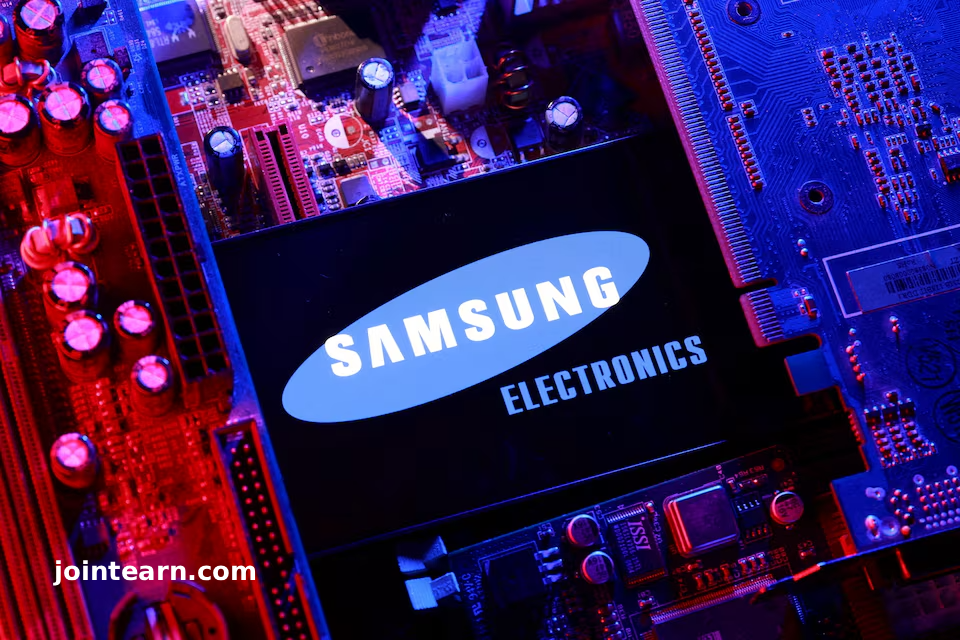
SEOUL, November 16, 2025 – South Korea’s corporate giants Samsung Electronics and Hyundai Motor Group, along with other major manufacturers, have unveiled substantial domestic investment plans in response to a recently finalized U.S.-South Korea trade agreement. The move comes amid concerns that commitments to invest in the U.S. could potentially weaken domestic manufacturing.
Samsung Expands Chip Production Amid Global AI Boom
Samsung Electronics announced it will add a new chip production line at its Pyeongtaek plant to meet surging global demand for artificial intelligence (AI) memory chips. The expansion is part of Samsung’s broader plan to invest 450 trillion won ($310.79 billion) in South Korea over the next five years.
The new P5 plant, part of Samsung’s massive semiconductor complex, had faced delays due to slower demand for smartphone and PC chips and global oversupply issues. Mass production is now slated to begin in 2028. Samsung highlighted that the facility will focus on memory chips for both traditional servers and AI-focused systems, addressing tightening supply and rising semiconductor prices. In fact, Samsung recently raised certain memory chip prices by up to 60% since September 2025.
Hyundai and Other Manufacturers Commit to Domestic Investment
At a high-level meeting with business leaders, South Korean President Lee Jae Myung emphasized the importance of maintaining domestic investments while fulfilling U.S. trade commitments totaling $350 billion. President Lee urged companies to consider the domestic economy in their investment strategies and collaborate with the government to optimize overseas investment packages.
In line with this guidance, Hyundai Motor Group announced plans to invest 125.2 trillion won from 2026 to 2030 in South Korea. Shipbuilders, including Hanwha Ocean and HD Hyundai, also unveiled new domestic investment strategies aimed at strengthening the country’s industrial base.
Strategic Implications for South Korea’s Economy
Samsung Chairman Jay Y. Lee stated:
“Samsung will raise domestic investment, create quality jobs for young people, and make even more efforts for a win-win with small and medium-sized, as well as venture companies.”
Experts say these investments reflect a dual strategy: meeting growing global demand for AI and memory semiconductors, while safeguarding South Korea’s manufacturing ecosystem amid significant overseas investment obligations. The expansion in domestic chip production is also expected to support job creation and bolster supply chain resilience for critical technologies.
Global AI Chip Demand Driving Growth
The surge in AI-related semiconductor demand is reshaping the global chip market, affecting prices and production priorities. Samsung’s investment in the P5 plant anticipates mid- to long-term growth in memory semiconductor needs, ensuring South Korea remains competitive in the global AI and semiconductor industry.
With the U.S.-South Korea trade deal finalized, domestic and overseas investment strategies are likely to shape the next decade of industrial growth and technological innovation in South Korea.


Leave a Reply